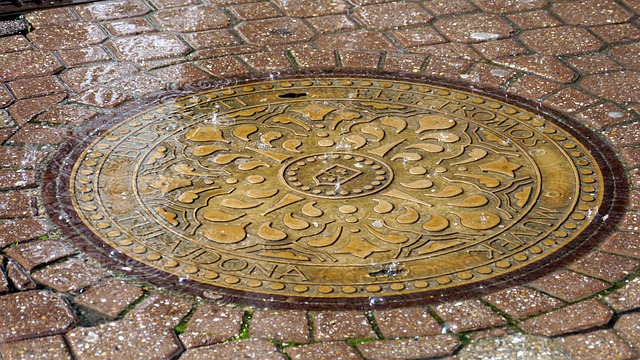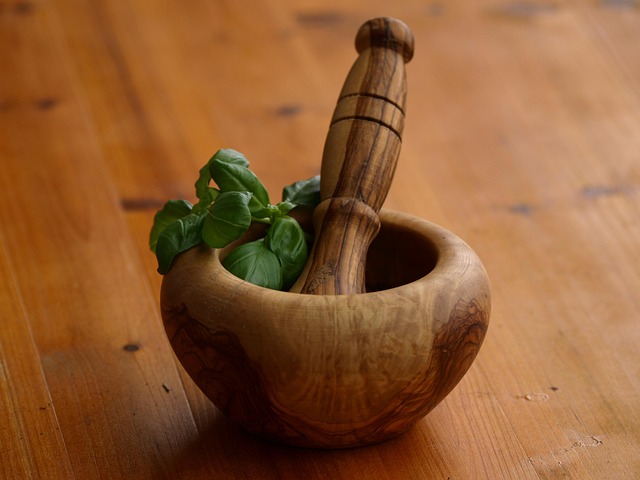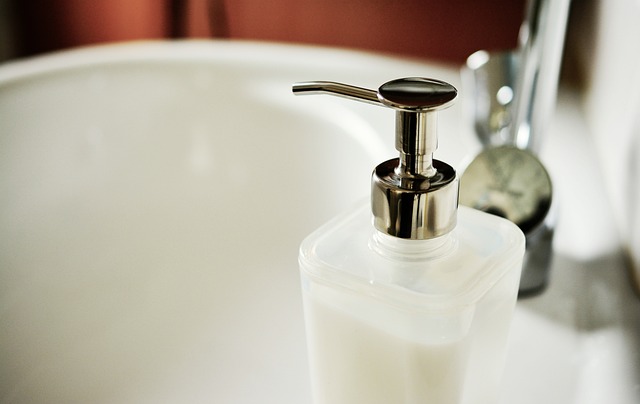Organic clogs in drains are addressed through DIY methods like using a plunger for initial pressure and dislodgement, or mixing baking soda and vinegar to neutralize grease and organic matter. For persistent clogs, a plumber's snake manually breaks up obstructions. Regular Drain cleaning practices prevent future issues. Enzymatic cleaners offer eco-friendly alternatives to chemical drain cleaners. A plumber should be called for severe blockages caused by tree roots or collapsed pipes to prevent further damage.
Unclogging drains can be a common household hassle. But what if we told you there’s a greener, more effective approach using enzymatic cleaners? This article delves into the world of organic clogs and their causes, highlighting the advantages of eco-friendly enzymatic cleaners over harsh chemicals. We provide practical DIY methods with plungers and baking soda & vinegar mixtures for minor blockages. For deeper cleaning, discover the plumber’s snake. Learn a step-by-step guide to natural unclogging and know when professional help is needed.
- Understanding Organic Clogs and Their Causes
- The Benefits of Using Enzymatic Cleaners
- DIY Methods: Plunger Use and Baking Soda & Vinegar Mixture
- Alternative Tools for Deep Cleaning: Plumber's Snake
- Step-by-Step Guide to Natural Unclogging
- When to Call a Professional Plumber
Understanding Organic Clogs and Their Causes

Organic clogs are a common issue in household drains, resulting from the accumulation of various natural materials like food scraps, hair, and grease. These substances can stick to the insides of pipes, forming a sticky mass that gradually narrows the drain’s passageway. Over time, this buildup can lead to partial or complete blockages, causing water backup and draining issues.
While a plunger is often the go-to tool for DIY clogged drains, simple household ingredients like baking soda and vinegar can also be effective natural unclogging agents. Baking soda acts as a mild abrasive, while vinegar’s acidity helps dissolve grease and break down organic matter. For more stubborn clogs, a plumber’s snake—a flexible metal cable—can be inserted into the drain to manually clear the obstruction or break it up for easier removal. Regular Drain cleaning practices can prevent these organic clogs from forming in the first place.
The Benefits of Using Enzymatic Cleaners
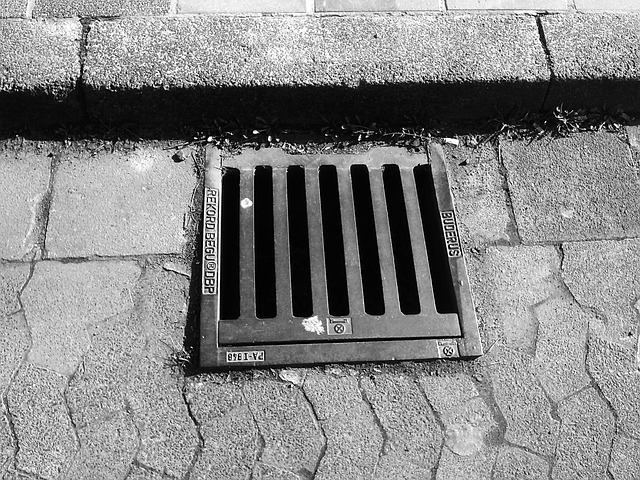
Enzymatic cleaners offer a gentle yet effective approach to tackling organic clogs in your drains, providing several advantages over traditional chemical options. One of the key benefits is their ability to break down organic matter naturally, making them an eco-friendly choice for DIY clogged drain solutions. Unlike harsh chemicals, these enzymatic solutions are safe for septic systems and won’t damage pipes or leave harmful residues.
When combined with simple household ingredients like baking soda and vinegar, enzymatic cleaners can create powerful natural unclogging agents. For instance, a mixture of baking soda and vinegar can act as a plug to trap the clog while the enzymes break down the organic buildup. Additionally, tools like plumber’s snakes can be used in conjunction with these cleaners for more stubborn clogs, offering a cost-effective alternative to calling a plumber.
DIY Methods: Plunger Use and Baking Soda & Vinegar Mixture

When it comes to tackling organic clogs in your drains, there are several DIY methods that can be effective and eco-friendly alternatives to harsh chemical cleaners. Two popular options are using a plunger and a mixture of baking soda and vinegar—both of which can easily be found around your home.
For a simple yet powerful drain cleaning solution, nothing beats the age-old method of a plunger. By creating a seal around the drain with the plunger’s cup, you create pressure that pushes water through the clog. This physical force is often enough to dislodge stubborn organic material. For particularly tough clogs, using hot water during multiple plunging sessions can help break down the buildup. Alternatively, a plumber’s snake (a long, flexible cable) can be inserted into the drain to manually remove any obstructions.
Baking soda and vinegar are another natural unclogging duo. This chemical reaction works by neutralizing acidic or alkaline substances in the drain, which can help break up organic material. To create this mixture, simply mix 1/2 cup of baking soda with 1 cup of white vinegar and pour it directly into the clogged drain. Leave it to fizz for 30 minutes, then flush with hot water. This DIY approach is a great first step before considering more harsh chemicals or calling in a plumber?s snake for heavier-duty clogs.
Alternative Tools for Deep Cleaning: Plumber's Snake

When it comes to deep cleaning your pipes and tackling stubborn clogs, there are several DIY tools at your disposal beyond a standard plunger. One such effective option is a plumber’s snake, also known as a drain auger or cable snake. This versatile tool is a game-changer for removing organic matter buildup and hair obstructions that often cause clogged drains.
Plumber’s snakes are flexible metal cables that can be threaded down your drain to break up and dislodge the clog. They are particularly useful for navigating tight turns in pipes, making them ideal for both kitchen and bathroom sinks as well as bathtub and shower drains. To use one effectively, start by feeding the snake into the drain until you hit the clog. Then, twist and rotate the hand crank to push and pull the cable through, breaking up the obstruction as you go. This DIY approach offers a natural unclogging solution without resorting to harsh chemicals, making it an attractive alternative for those who prefer eco-friendly drain cleaning methods. Additionally, using a plumber’s snake can potentially save you money by delaying the need for a professional plumber, especially when dealing with minor clogs that occur regularly.
Step-by-Step Guide to Natural Unclogging
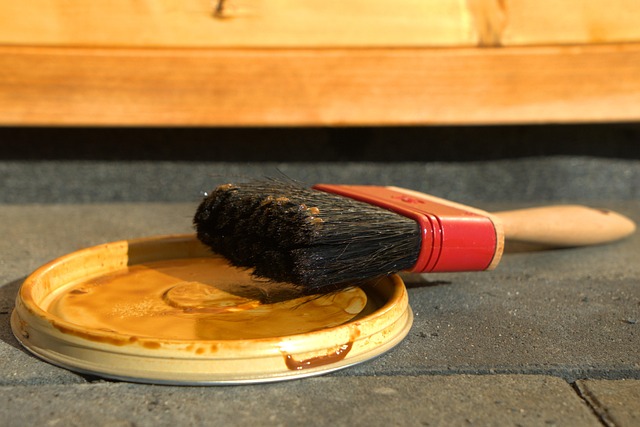
Step-by-Step Guide to Natural Unclogging
For a DIY clogged drain solution, start by combining 1/2 cup of baking soda with 1/2 cup of vinegar. Pour this mixture slowly into your drain. The reaction will create foam and bubbles, helping to break down the clog. Next, use a plunger to apply pressure down and up in quick succession. This action helps dislodge any built-up gunk. If the natural unclogging method doesn’t work, consider using a plumber’s snake. Feed the flexible metal cable into the drain to grab and pull out any obstructions.
After these initial steps, you can try a hot water flush by slowly pouring boiling water down the drain. Baking soda and vinegar are effective natural cleaning agents, but for more stubborn clogs, a plumber might still be necessary. Remember, a plunger is your first line of defense in DIY clogged drains, while baking soda and vinegar offer a safe, eco-friendly approach to drain cleaning.
When to Call a Professional Plumber

If you’ve tried the DIY methods like using a plunger, mixing baking soda and vinegar, or even natural unclogging solutions like lemon juice and hot water, but the drain still won’t budge, it’s time to consider calling a professional plumber. While many household remedies can help with minor clogs, persistent or severe blockages often require specialized equipment and expertise. A plumber?s snake, also known as a draint cleaning spiral, is a powerful tool designed to navigate tight spaces and break up stubborn clogs. These professionals are equipped with the right knowledge and tools to identify the root cause of the problem, whether it’s tree roots infiltrating your pipes or a collapsed pipe structure.
Instead of attempting a DIY fix that could cause further damage or leading to repeated clogs, reaching out to a plumber can save you time, money, and stress in the long run. They can provide a thorough cleaning, offer maintenance advice, and ensure your drains are functioning optimally. Plus, they can detect potential issues before they become costly repairs.

